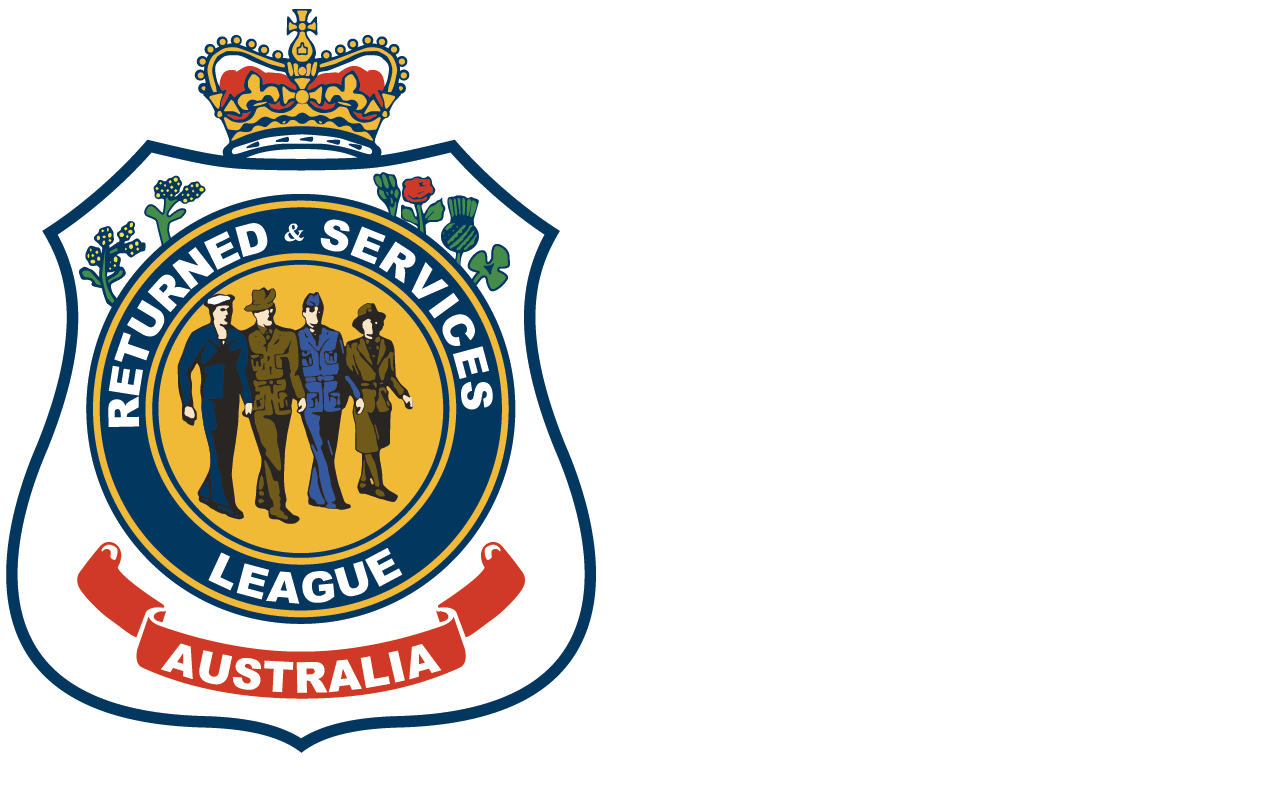Why we Commemorate Remembrance Day
RSL Ambassador and veteran Pete Rudland was interviewed about Remembrance Day by Wikinews journalist J.J. Liu.
How has Remembrance Day changed in RSL's history of commemoration?
I think, In the beginning, Remembrance Day/Armistice had an effect on 2/3 of the world and everyone in our country had been impacted in some way. So many Australian men and women had died or been wounded.
Just over 60,000 dead and a further 156,000 wounded out of a population of 4,985,569.
Let that sink in, over 60,000 Australians that would be buried in foreign lands. Australia, other Commonwealth countries and allied countries would not be able to effectively mourn their losses.
For Australians, the Returned & Services League (RSL) provided an opportunity for the families of the fallen and wounded to mourn together and heal through shared experiences. Soldiers from all backgrounds stood together to remember and understand everyone’s experience of War.
Today’s wars do not exact the same toll, however for those that fight them and their families the RSL continues to provide the same opportunities as it did a hundred years ago. Remembrance Day in its size of impacted people has changed but the narrative will never change.
What is the role you believe organisations should take in Remembrance Day?
A modern Remembrance Day is really just a collection of stories. Stories of people that sacrifice everything for the values they believe in. Organisations should take the steps to ensure that the stories and the lessons of the past are learnt and preserved. With the changing demographic of our country and others, Ex-Service Organisations are the custodians of the memories of the past.
What is the role you believe governments should take in Remembrance Day?
The path to war is walked by politicians, the war is fought by soldiers and the price of war is paid by the families! With that being said, Governments need to take the lead on Remembrance Day and ANZAC Day. Soldiers don’t make decisions to go to war, governments do! And for that to continue, soldiers must feel that their sacrifices are respected by the people that make the decision to deploy them. The act of recognising significant days like ANZAC Day and Remembrance Day reinforces the relationship between government, soldiers and the country.
103 years after the 1918 Armistice, why is Remembrance Day important today? Has it retained its poignancy so long after the War?
For Australians, WW1 marks the first time that Australians deployed to foreign shores as Australians. We had only deployed as colonies before then.
Federation had only just been granted and most Australians would have been very proud of what our very young nation had achieved domestically and militarily during this period. Australia, as part of the Commonwealth, along with its allies defeated the Central powers in the largest war the world had ever seen.
I think that Australians learnt the enormous price of war and honoured it. Soldiers and their families’ sacrifices shaped the direction of our nation and I think that most people today understand the relationship between the past and present. That is why it has retained its poignancy for over one hundred years.
What do the lessons of World War I and its aftermath teach us of veterans' affairs today?
That war is a complex environment and we must be prepared for every continuation. The business of war does not end at the completion of hostilities. The wounded require rehabilitation and ongoing support and the families of the fallen need to feel that their sacrifice was worth it. This is relevant to every conflict.
Why should Remembrance Day be commemorated alongside 25 April - ANZAC Day?
ANZAC Day is the beginning of an Australian legend! Triumph over adversity - it is built into the fabric of our culture. Remembrance Day reminds Australians of more than the heavy human price of WW1. It reminds us of the holistic burden of a new nation trying to find its place. A nation that despite this pulled together to support our King, our Country, our Government, our families and friends and our neighbours. ANZAC Day and Remembrance Day together on the Australian calendar symbolises the path all Australians have walked.
